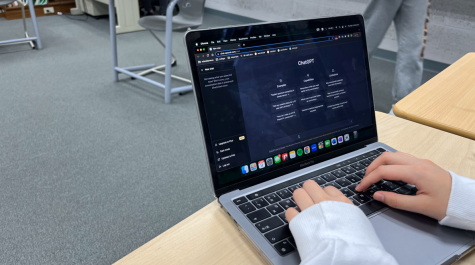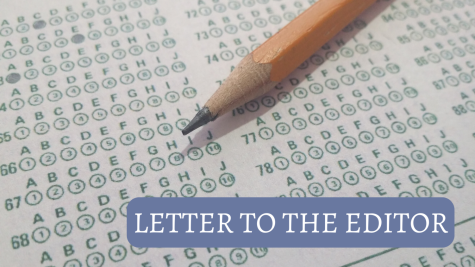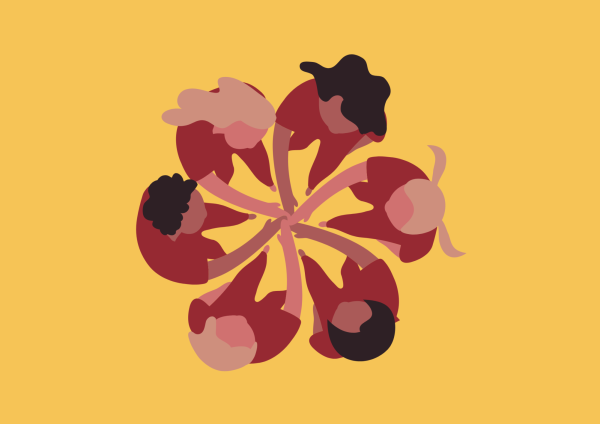Why learning history is important
Every year, as the history department chair, I am asked a particular question by both students and parents, “Why does TAS require students to learn history?” I believe that the context for this question is the belief that since many of our students will be studying engineering, computer science or science, and going into these fields for their career, why is there a need to learn about the history of anywhere in particular.
My response to this is that we need to learn history because we don’t know why we need to learn history. I think it’s a good answer even though it’s not really an answer. I could give the standard use of the philosopher George Santayana’s oft-quoted aphorism: “Those who cannot remember the past are condemned to repeat it.” Meaning that if you don’t know your history you will make the same mistakes as those who came before you. But again, this really doesn’t answer the question. So why do we learn history? We learn history for three main reasons: identity, empathy, and critical thinking.
One reason we learn history is to learn about ourselves and our identity. Understanding our identity is key to understanding who we are and how our identity has shaped us. Knowing history helps us to understand where we come from and what is important to us. As individuals, our family history helps us understand where we come from and why we hold the beliefs we cherish. By knowing our shared history, we know the rich past that has created the story of who we are and who we are as a family. History emphasizes distinct stories to reinforce a national identity and teaches morals and values important to us as a collective group. For example, learning about the causes of the 2/28 Rebellion and the resistance, helps us understand about the Taiwanese identity and the importance of independence. Learning about Abraham Lincoln helps us understand American identity and the importance we put towards honesty.
In addition, we learn more about the diverse groups that make up our society and how we are part of a greater whole. Recently a former senator from Pennsylvania claimed at a conference that Native American culture is not part of American culture. Obviously, this senator had not learned his history. How is growing corn and pumpkin, celebrating Thanksgiving and ideas about democracy passed to Europeans form the Iroquois confederation not part of American culture? Spoiler, they all are. History teaches us about how we are all interconnected.
Ideally, we learn history to learn empathy for others. An issue we all face in this world is the othering of groups in society. Unfortunately, humans have a history of treating groups that they see as different from themselves as others. We make up stereotypes, both positive and negative, assign blame or credit, and try to distance ourselves from those we see as different. There are many reasons humans do this, although I cannot think of any that are truly justifiable. History helps us overcome the othering of groups in society. Instead of seeing groups as different or others ideally history is utilized to teach us our shared history and create a shared identity. We gain empathy for past struggles that still impact large segments of our society. Examples from US history, the subject I spend most of my day teaching, are numerous. Groups coming to America were, and still are, marginalized by what was/is considered the dominant American culture. Irish were told they “not need” apply for jobs. Chinese immigration was banned. African Americans, a group who had been in America since the beginning of English settlement, were subjected to slavery, then Jim Crow laws, and systemic racism. By learning that all groups faced discrimination, we learn we have more in common then we have differences. You will see that we have more in common with each other, and should try to understand more about each other, then we have differences.
Finally, history class teaches us critical thinking. In a world filled with an infinite amount of information and individual opinions being shared thanks to the internet, critical thinking is more important than ever. How do we judge who is right and wrong? What makes a source reliable? Why do we believe one source over another? Ideally, history class teaches this as well. By teaching facts, sharing multiple resources and asking students to analyze sources we teach, you will be educated consumers of information.
Identity, empathy, and critical thinking, this is why you learn history. Granted not all history teachers or programs you might have in the future will focus on this, and we as a school can do better at sharing more diverse voices in our curriculum with you. But we are adapting and changing to give you the ideal history class. You attend a school with phenomenal teachers who strive to teach you to understand who you are, where you come from, how you share history with those around you and how to be a discerning consumer of information on all subjects. I am lucky to lead this department and know that history is one of the most important subjects you will experience.




![A collection of college flags. [PHOTO COURTESY OF AMBER HU ('27)]](https://blueandgoldonline.org/wp-content/uploads/2025/05/IMG_5029-600x289.jpeg)

![An SAT word cloud. [PHOTO COURTESY OF WORDCLOUDS]](https://blueandgoldonline.org/wp-content/uploads/2025/05/SAT-600x600.jpeg)
![Collage of banned books, including “The Handmaid’s Tale” by Margaret Atwood. [MINSUN KIM/ THE BLUE & GOLD]](https://blueandgoldonline.org/wp-content/uploads/2025/04/IMG_4274-600x340.jpeg)
